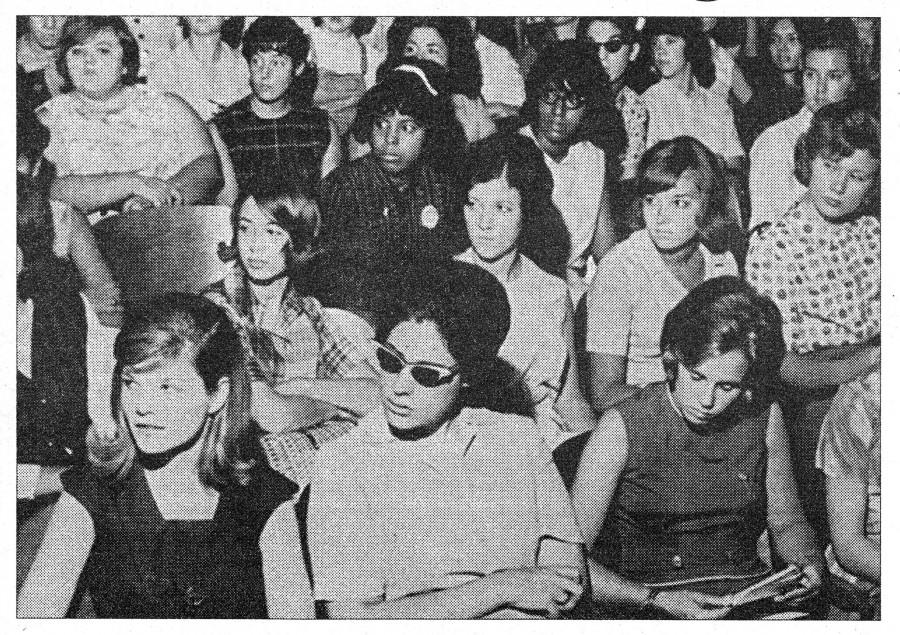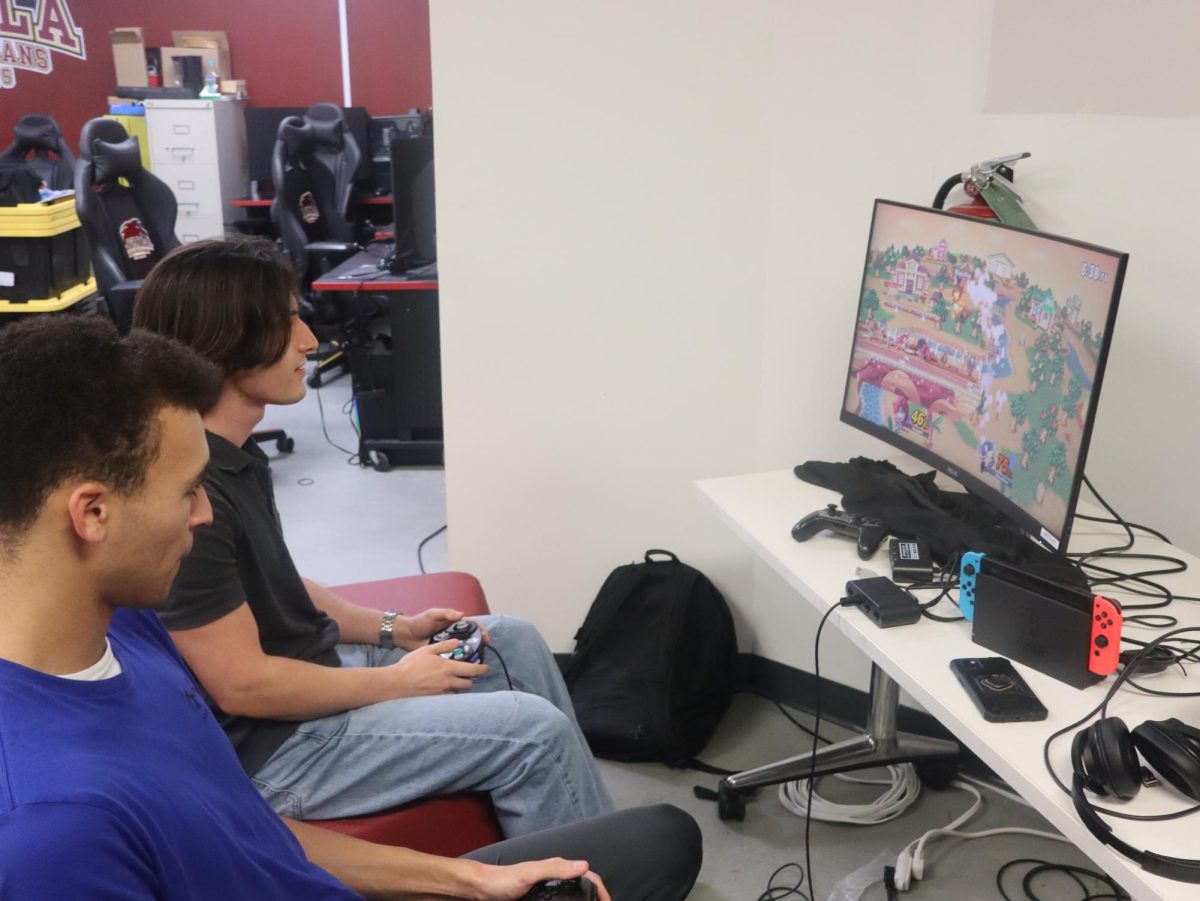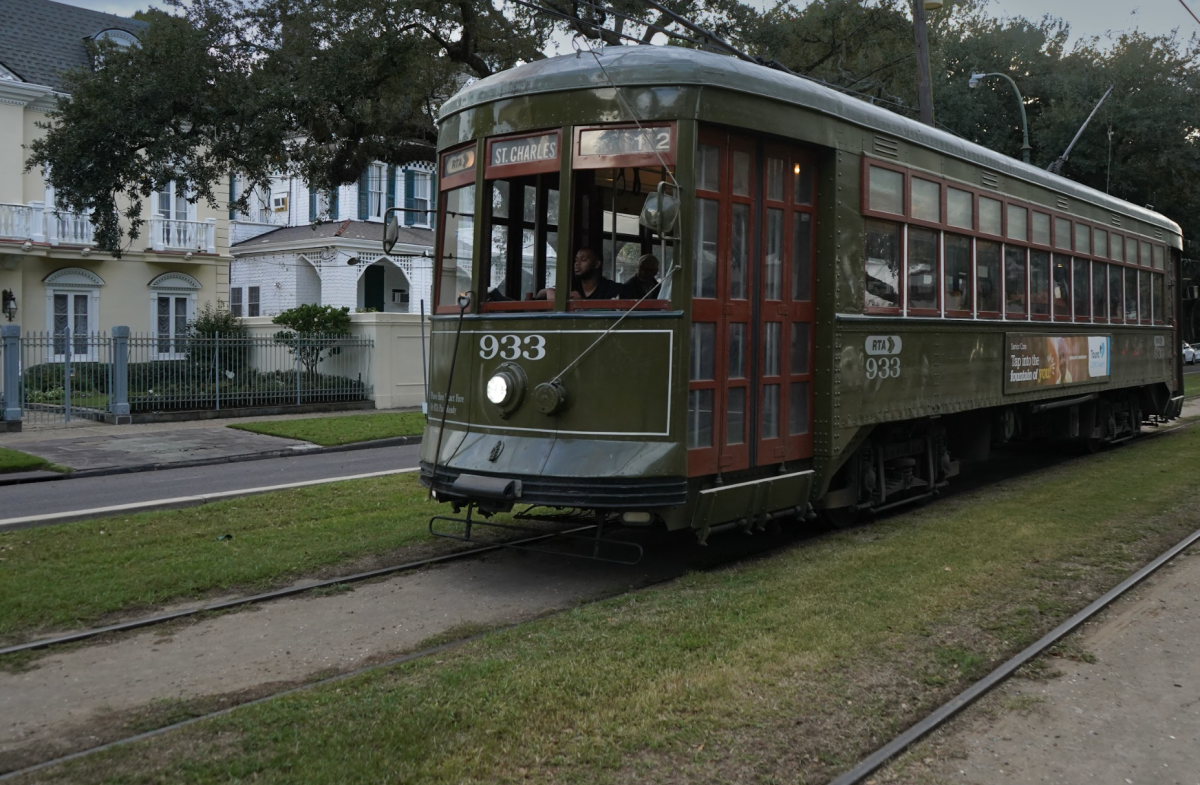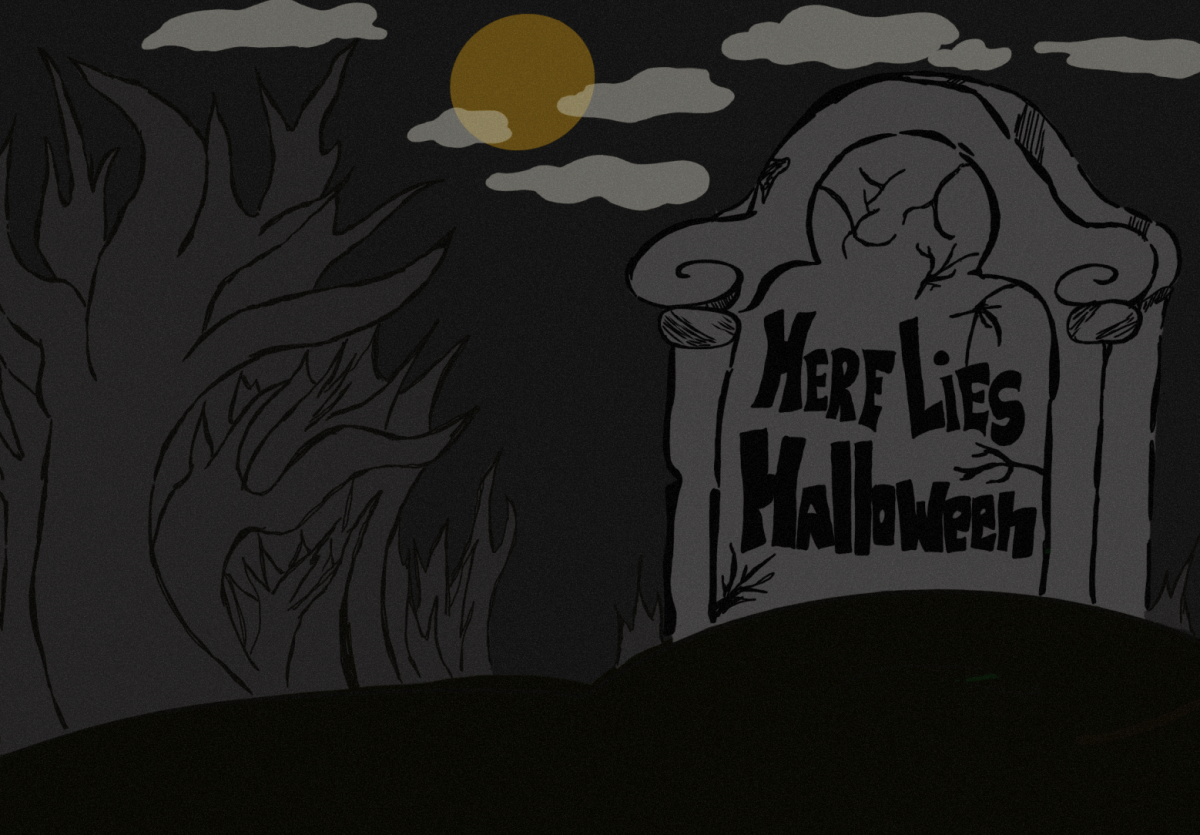In an era of supposed equality, where men and women of all races are widely accepted, it is difficult for some to remember how different the world was 50 years ago, when minorities were fighting just to gain acceptance into a university. These struggles, though, were well documented throughout the years in The Maroon, where both white and black students fought for equality through journalism.
By the late 1940s, racial tension was building all across the country. Segregated universities nationwide, including Loyola, were being pressured both internally, from students and faculty, as well as externally, from proposed laws and regulations. Columns in The Maroon began detailing racial movements at other schools, as well as the efforts of several members of Loyola’s faculty to integrate.
In 1952, 12 years before the Civil Rights Act of 1964, Norman Francis became one of two black students accepted into Loyola’s Law School. In 1956, he was the first black student to graduate from Loyola University.
In February 1964, Mary Eckalbar wrote an article detailing the prevalence of discrimination at Loyola. Adam Weber, who was one of nine black students at the time, said, “Because I’m not accepted at Loyola as a person, I find it hard to feel like an integral part of the university. At school I am a Negro. Period.”
In an article published just two months later titled “Civil Rights Bill Moral But Not Legislative” appeared in The Maroon. The article said that although the bill is moral, it infringes on the rights of the majority, and therefore should not be passed.
On Feb. 6, 1970, the Black Student Union was formed to help black students adjust to a predominately white school.
In November 1983, The Maroon ran a two-page spread describing racism in the classroom. According to the article, 58 percent of students believed instructors showed prejudice on the basis of race.
By 1993, though, only 14 percent of Loyola’s student body described racial relations at the school as poor. Seventy-five percent of black students said they would recommend Loyola to their peers.
Patrick Rafferty can be reached at [email protected]







